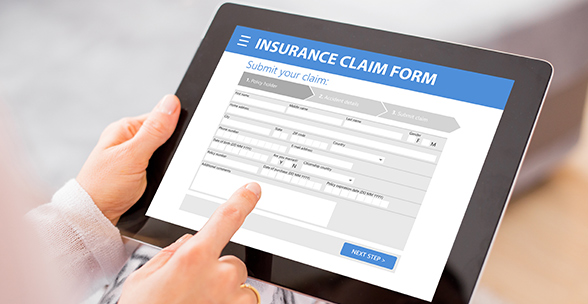6 Tips to Reduce Productivity Loss with ICD-10
 It’s a fact: ICD-10 could have a big drain on physician practice productivity. The big unknown is just how much productivity loss will occur. This loss will occur due to the following:
It’s a fact: ICD-10 could have a big drain on physician practice productivity. The big unknown is just how much productivity loss will occur. This loss will occur due to the following:
- Physicians will spend more time documenting the details necessary for ICD-10 diagnosis specificity.
- Physicians will spend more time sifting through expanded diagnosis code selections in the EHR to find the code that accurately depicts the patient’s condition.
- Medical coders will spend more time querying physicians for ICD-10 specificity.
- Medical coders will spend more time verifying the codes that physicians have selected are correct.
Of course, the loss will be even greater if practices haven’t taken the time to truly prepare for this monumental transition. This includes updating EHR templates or superbills, training coders and physicians about specialty-specific changes, and testing externally with payers. However, only 21% of physician practices report that they’re on track with ICD-10 readiness, according to the most recent Navicure study. Other surveys seem to be even bleaker. The Texas Medical Association, for example, found that only 10% of physicians surveyed are confident that they will be able to navigate the October 1, 2015 implementation date successfully.
A lack of readiness will cause a whole slew of data emergencies, says Richard Milam, office productivity expert and president and CEO of EnableSoft, a company that specializes in robotic process automation. The good news is that practices can mitigate productivity loss related to ICD-10 and ward off these emergencies in a variety of ways. ![]()
1. Provide adequate coder training. Ensure that medical coders have received specialty-specific ICD-10 training and that they are comfortable using this new code set. Encourage them to review the 2016 ICD-10-CM coding guidelines, some of which differ from those of ICD-9.
2. Attend physician ICD-10 training. This training should be tailored to your specialty and focus on the documentation and coding changes that affect your practice most directly. Check with your professional association, the Medical Group Management Association, or the American Academy of Professional Coders for more information. CMS also offers a variety of free specialty-specific resources.
3. Update forms and templates to reflect ICD-10 specificity. This includes patient intake forms, EHR templates, insurance forms, and superbills.
4. Perform testing with your payers. Your billing system vendor should be able to assist with this process of ensuring that an ICD-10-coded claim flows properly through your practice management system to your billing system, and to the payer. They may even do this process on your behalf. This form of testing also ensures that the payer can accept, process, adjudicate, and pay the claim correctly.
5. Clean up the current discharge not final billed list. Doing so allows coders to focus on ICD-10 accuracy for all new claims going forward. This may require paying coders overtime or hiring additional coding help.
6. Consider automation solutions to boost productivity and efficiency. ICD-10 includes approximately 68,000 diagnosis codes, many of which are far more specific than their ICD-9 counterparts. Although vendors may assist with code updates, some systems (e.g., practice management systems or billing systems) may require manual updates to these codes. Rather than use valuable internal resources to complete these updates, consider technology that uses human-directed scripts to automatically populate and update specific fields within these systems. This same technology can be integrated with the EHR to accomplish the following: ICD-10 conversion/translation; automate credentialing workflows; and provide mass or periodic updates to drug codes, pricing and names.
Monitor productivity in ICD-10
In addition to taking proper steps to mitigate productivity loss, practices should also plan to monitor productivity continually in ICD-10. This includes keeping tabs on the following metrics:
- Physician productivity—How long does it take physicians to select a code in ICD-10?
- Coder productivity—How long does it take coders to code a record or verify physician code assignment in ICD-10?
- Payer communications—Do payers respond to coding questions? If so, how long does it take to get a response?
- Accounts receivable—How long does it take to send a claim to the payer? How long does it take payers to respond with a payment or denial?
- Denial rates—What percentage of claims are denied, and why?
The most important takeaway point is to act now. Surround yourself with practice managers, coders, and other staff who are forward-thinkers and motivators. Empower them to embrace the transition to ICD-10 and take the necessary steps to ensure success.
For more resources, visit the Kareo ICD-10 Resource Center.




















